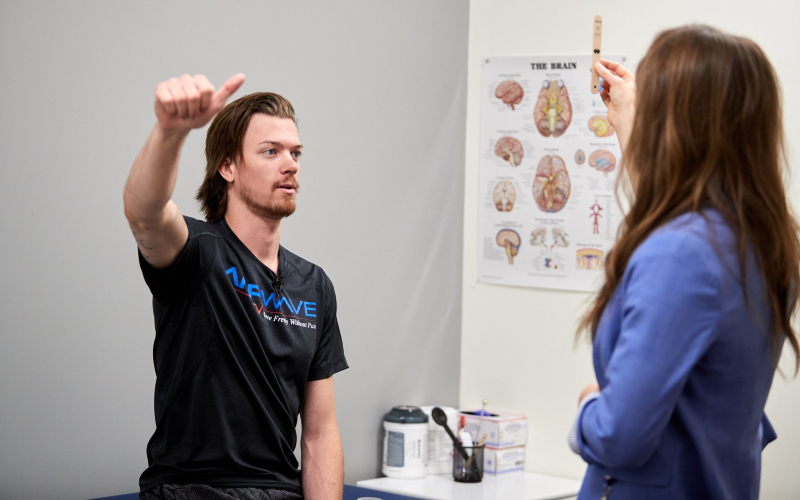Caregiving for
PCS
Tools and resources to support yourself and your loved one.
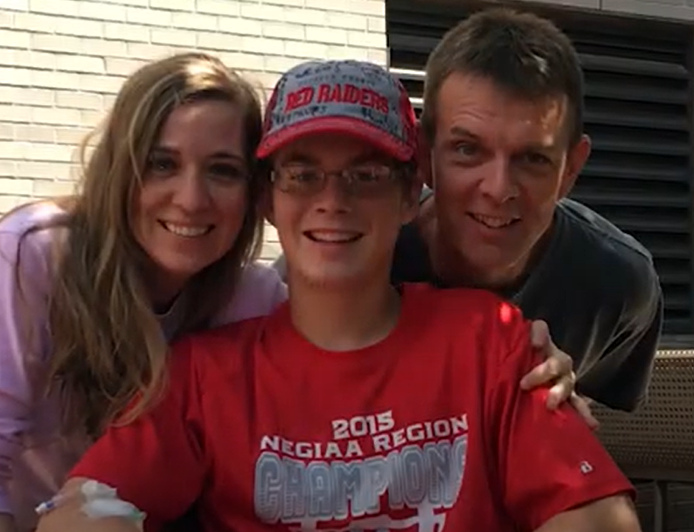
Why is family support so important?
PCS patients who have supportive family and friends will almost always have a better recovery than those who don’t. Loved ones can make a world of difference in the way they help those suffering from PCS. In the video below, the Lovett and Bond families share what they learned about concussion advocacy through caring for their high school aged children suffering from PCS. CLF co-founder and medical director Dr. Robert Cantu also explains the valuable role family can play in a patient’s recovery.
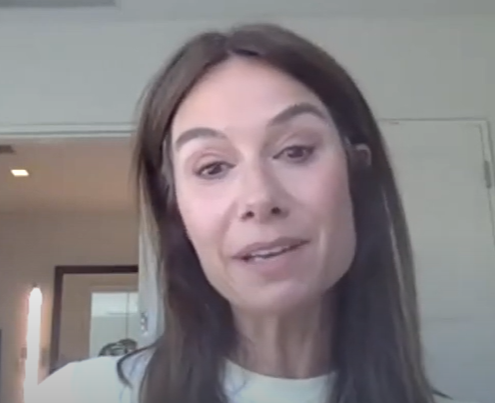
How can I support someone suffering from PCS?
Believe them. Living with a complex, invisible injury is difficult enough, but when you doubt your loved one’s symptoms or imply that they are making them up, it can be devastating. Don’t be one of those doubters. Giving your loved one unconditional validation and support can be more meaningful and beneficial to their recovery than you realise. Parents, you know your child better than anyone and you have an important role to play in advocating for them when they can’t do it for themselves.
Watch this webinar hosted by CLF to hear four parents of children who suffered from PCS share strategies for how to:
- Help your child cope with the emotional element of the injury
- Be an advocate for your child at school, in sports and with doctors
- Prepare for the impact the injury can have on the whole family
- Build a support team, and realise you can’t do it alone as a parent
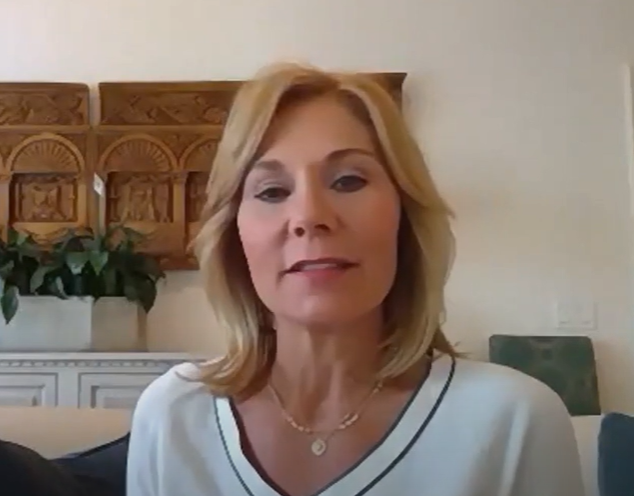
Prepare for setbacks
Concussion recovery is not always linear, and no two concussions are the same. Without a set timeline for recovery, it can be hard to know if your loved one is making progress. It can be even more difficult when they seem to improve one day and then are worse the next. Try to be patient and know setbacks are normal. Our second panel of parents share in this video how they managed those setbacks, and they provide insight on topics like:
- Setting and sticking to a routine
- Providing support for fluctuating emotions and personality
- Treatment options
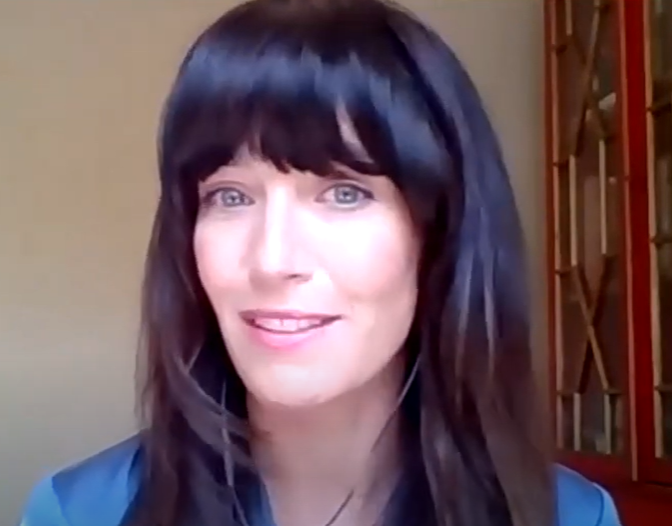
Caregiving in a crisis
Depression and anxiety are common symptoms of concussion. While over 99% of people who have a concussion do not experience a suicide-related event, suicide risk does double after a concussion. If your loved one is struggling to cope and needs emotional support, please call Lifeline Australia by dialing 13 11 14 and you will be connected to a trained counsellor. It’s free, confidential, and available to everyone in Australia.
To learn how to best support your loved one who may be experiencing an emotional crisis, please watch this CLF webinar with mental health experts Dr. Ciara Dockery and Dr. David Reiss
Take time for self-care.
Caregiving can be both emotionally and physically draining. Don’t forget to take moments for yourself when you can. If you’re looking for support as a caregiver, we’d love to connect you with one of our peer support volunteers who has been in your shoes. Reach out to the CLF HelpLine to let us know you’re interested.
